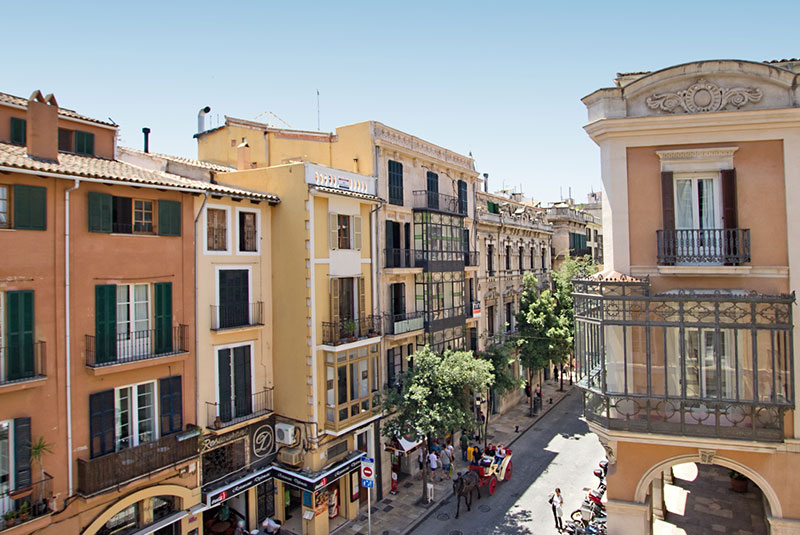Economic growth in Balearic Islands
Balearic Islands continue to experience strong economic growth in the second quarter of 2017, reaching 3.9%, and stringing eight consecutive quarters with GDP growth above 3.5%.
Balearics data exceed the state average in the second quarter, 3.1% according to the Institute of Statistics of the Balearic Islands, and are well above the 2.2% growth of the European Union in the same period. In terms of economic sectors, services continue to lead growth with 4% and accumulating 6 quarters with growth of 4% or more. Construction, on the other hand, accelerates activity to 3.7%. Visas projects have risen more than a fifth in the first half of 2017, this improvement is expected to be maintained in the immediate future.
The evolution of tourism is marked by very positive results. On the one hand, year-on-year spending increased 12.6% in July, and the number of tourists, a 5.3. In parallel, the number of passengers arriving at ports and airports of the islands increases strongly compared to last year’s figures and become overcome historical records.
The high profits of the tourism sector, have made the interest of the investors have multiplied when looking for its implantation in the island. Palma is among the five Spanish cities with greater pressure from large firms to find commercial premises. The demand for commercial premises or hotel facilities is much higher than the properties that are put up for sale or rent. The interest of companies and investors to take a hollow in the island goes beyond the premises in which to install a trade or a restaurant business and reaches full to the hotel plant.
Outside Palma, the most attractive areas for the investor are to be found in Port d’Andratx, Port Portals, Port de Pollença or Port d’Alcúdia, to name a few examples, due to strong foreign demand.
Palma is considered the main gateway for foreign investments in the Spanish tourism sector. From the legal point of view, the services that are most demanded are related to the mercantile, with the corporate law, the labor law, defense for procedures and assistance in investments. Customers are tourism professionals.
For foreign investment, we offer legal assistance regarding funds from other countries for investment in real estate and business.
Our team has extensive international experience and cooperation agreements with international firms. We are also members of the Association of International Property Professionals (AIPP).
This allows us to offer detailed advice in the field of internationalisation by providing services such as:
- International Trade Consulting, recruitment, formation of companies, subsidiaries and branches.
- Advice on tax issues: tax incentives for the internationalisation of companies, income earned abroad, international operations, etc.






